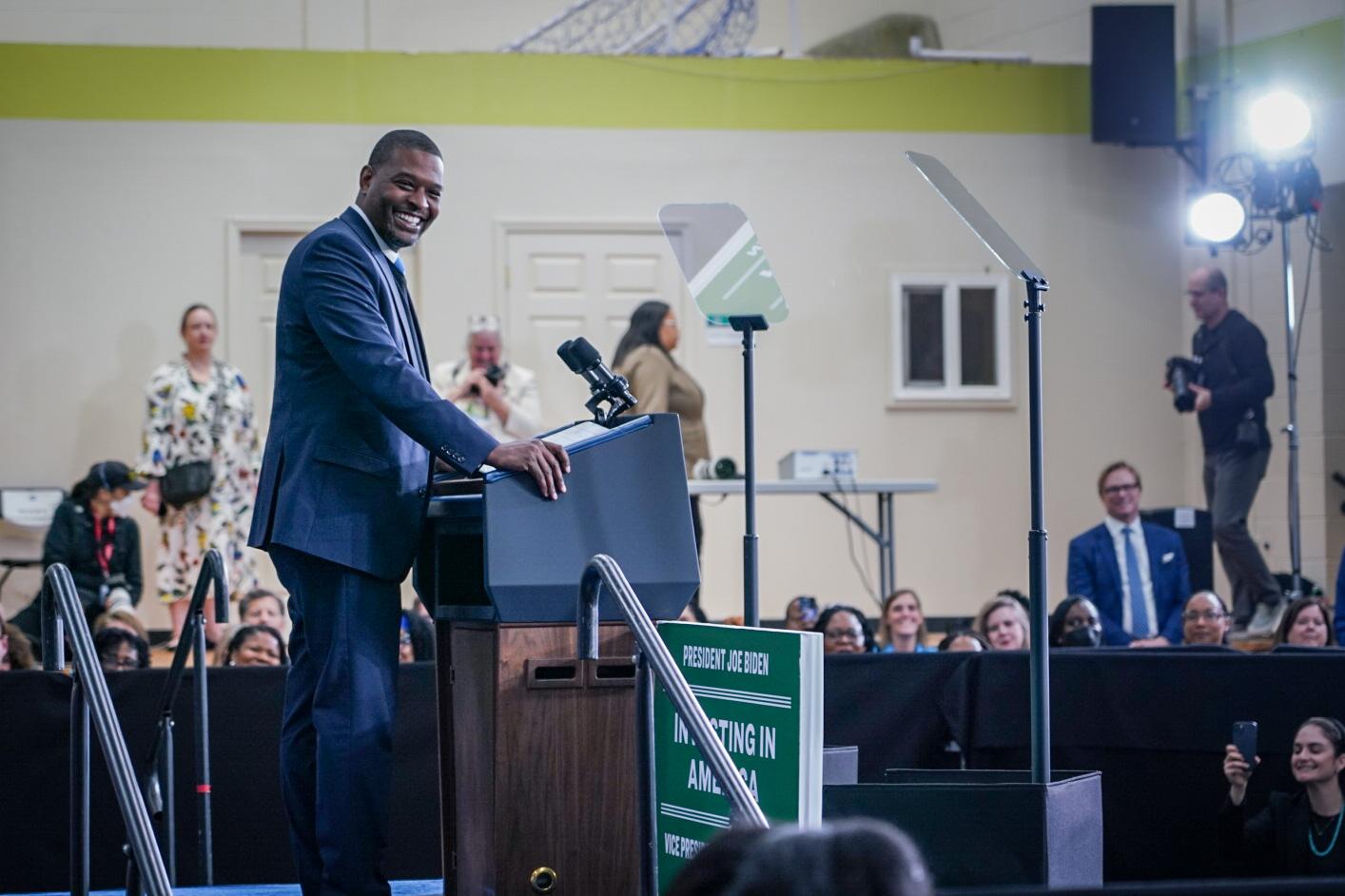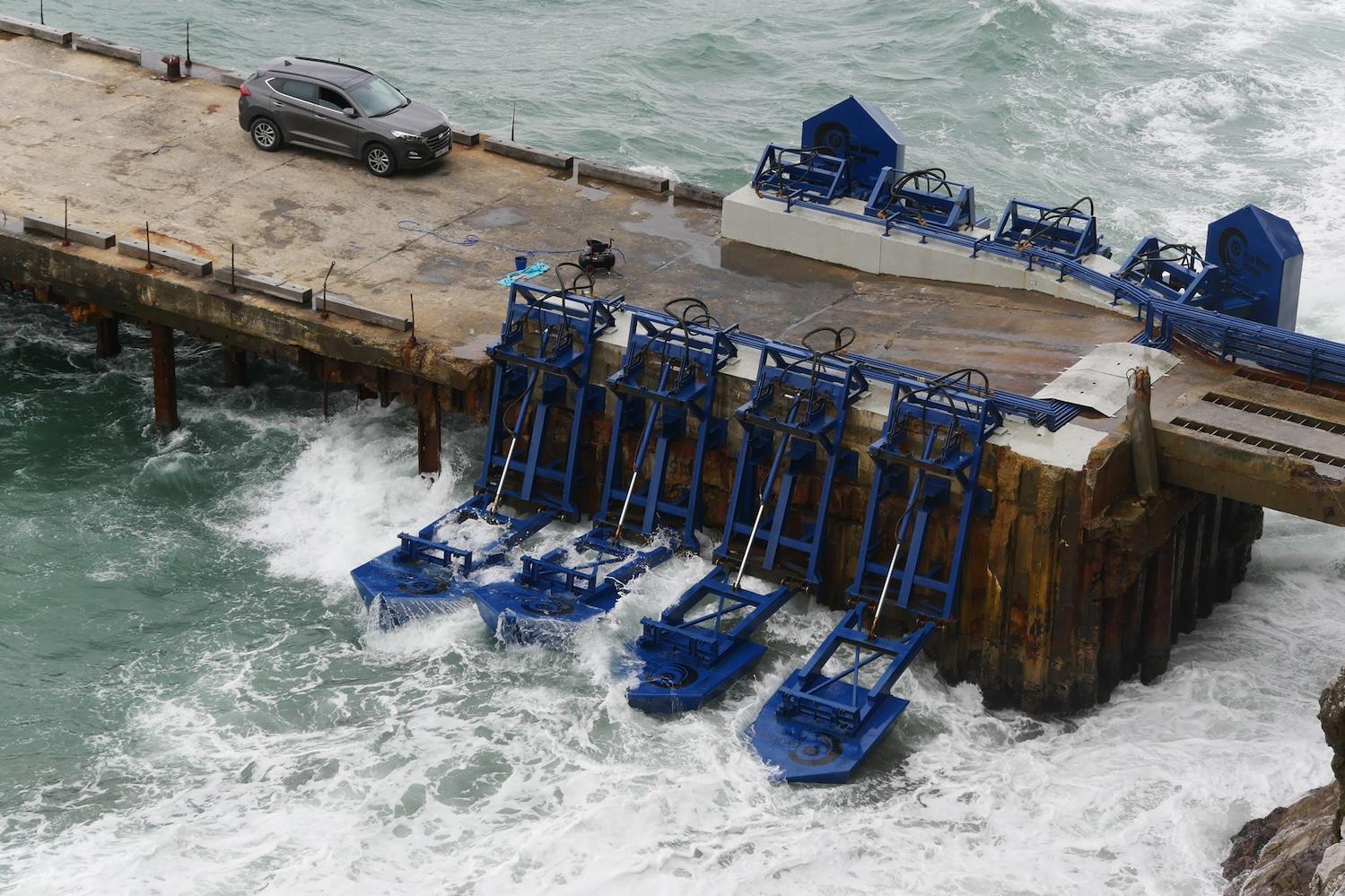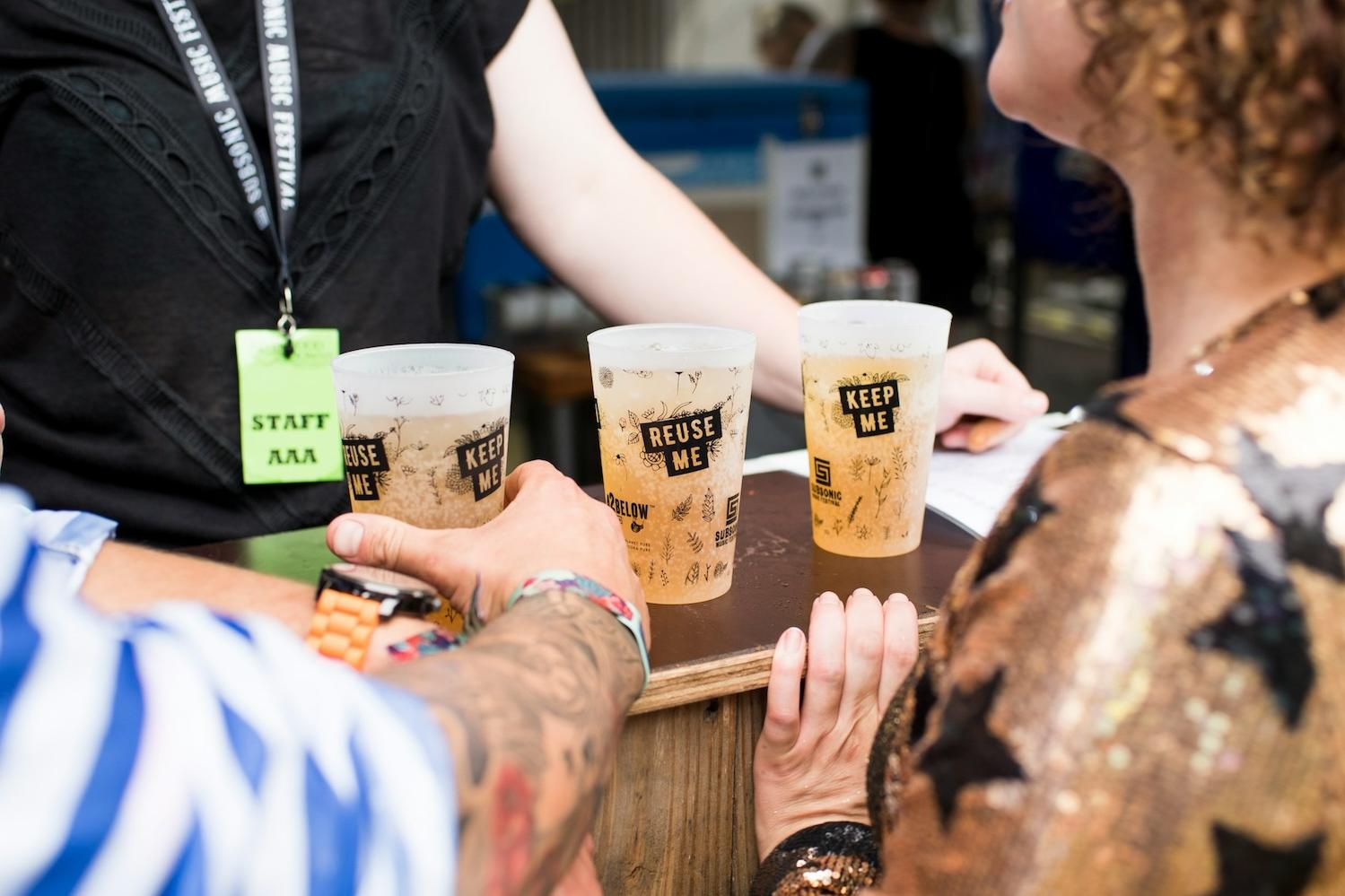
Do the Paris Olympics feel like 10 years ago, or is it just us? (Image: Alain Grosclaude via France Olympique/Flickr)
While the sustainability and social impact space is understandably fixated on the results of the U.S. election, our uncertain future can easily obscure the progress we've seen over the past year and the lessons we learned along the way. As we reflect on the highs and lows of 2024, we're taking a look back at some of the stories our readers clicked most from our weekly Brands Taking Stands newsletter, which covers the latest in corporate and consumer activism. From backtracking to social advocacy, clean tech advancements to game-changing legislation, these are the stories you loved most this year.

Some companies pull back on diversity, equity and inclusion
In the months following the murder of George Floyd in 2020, companies around the world put out statements underscoring their support for racial equity and launched initiatives aimed at reducing historic disparities in areas like finance, small business development, agriculture and more. Many pledged to increase inclusion on their own teams, hire more people of color into leadership roles, and report their diversity data publicly. In 2024, a number of the same companies publicly backed away from their DEI commitments under growing pressure from conservative activists and policymakers.
Equipment manufacturer John Deere and retailer Tractor Supply are two prominent examples. In her reporting on the walk-backs in Brands Taking Stands, 3p lead contributor Tina Casey looked beyond the loud voices on social media to better understand public opinion on DEI and the real risk of alienating customers and employees that comes with publicly denouncing DEI policies.

Others take a stand in alignment with their values
While stories of backtracking may get more attention on cable channels, 2024 also saw a number of companies and advocates rally around issues that are important to them and make their voices heard — and their stories stood out to Brands Taking Stands readers.
Back in May, a conservative think tank targeted Dick's Sporting Goods at its shareholder meeting, saying the company's decision to stop selling firearms in 2012 harmed financial returns to satisfy executives' political beliefs about guns. The only problem is: Dick's sales have never been stronger. The company has expanded into new business ventures while continuing to respond to public concerns about gun violence and weathering the storm of outside criticism.
As state and local book bans proliferated across U.S. public schools, book publishers and business coalitions stepped in to defend free speech and students' access to beloved titles like Mark Twain's "The Adventures of Tom Sawyer" and Anne Frank's "The Diary of a Young Girl." Healthcare advocates came together to raise awareness about how overturning federal protections for abortion impacted U.S. maternal mortality. And hundreds of businesses publicly declared their support for free and fair elections, setting the stage for a peaceful transfer of power following a contentious U.S. election, even if the result wasn't what everyone wanted.

Reflecting on the impact of the Inflation Reduction Act
The 2022 Inflation Reduction Act includes the largest climate investment in United States history and a host of other provisions aimed at modernizing infrastructure, reducing healthcare and housing costs, and advancing core workforces like tech and agriculture. In Brands Taking Stands this year, we looked toward research to understand the impact of the legislation two years on and spoke with leaders about how they planned to put the financing into action. Though its future remains uncertain, the legislation has already had a major impact, including millions of American families leveraging tax credits to improve the energy efficiency of their homes and start using renewable energy, according to the U.S. Treasury Department.
On a national scale, the Environmental Protection Agency's Greenhouse Gas Reduction Fund sent more than $20 billion to nonprofits, state and local agencies, and community-based financial institutions to finance infrastructure projects that reduce emissions, with a focus on communities that are historically underserved. Advocates described the infusion of climate financing as "momentous," "groundbreaking" and "transformational," and they got straight to work in putting it into action.
Dream.org is among the organizations offering resources like scholarships and business development programs for people in underserved communities to transition their careers toward sustainability. "This is a really big moment for people to see themselves as part of this future we're trying to build," said Jessie Buendia, vice president of sustainability for Dream.Org and national director of the Green For All program, which consulted with the EPA on developing the Greenhouse Gas Reduction Fund framework. "I would love to see a very, very strong economic message come out of this, where people really see this as a path of choice for them and for their careers. We need a full market transformation."

Eyeing the global clean technology boom
Globally, the shift toward renewable energy and other clean technologies is a runaway train that can't be stopped, and Brands Taking Stands readers love to stay informed on the latest.
From the breakneck pace of solar energy advancement to the promise of green hydrogen, our coverage of the clean tech sector was among our most popular all year. We also touched on how e-fuels complement carbon capture, the wave energy's untapped potential to power coastal communities, and how automakers can work to close the gender gap in electric vehicle purchasing.

Coming together to scale reuse and refill systems around the world
This month's global plastic treaty talks failed to reach an agreement, casting a major shadow across the worldwide push to limit plastic waste and pollution. But the good news is, we already know the steps to take to reduce the world's plastic problem — we just need to put them into action. The U.N. Environment Program ran scenarios for halving global plastic waste while reducing plastic litter in oceans and the environment by 80 percent, and it found most of the plastic reduction needed to reach that target could be achieved by reuse, refill and new delivery models.
Launched in February by the plastic action group Repurpose Global, the Reuse Outcomes Fund aims to help promising startups in the U.S., Canada and India bring their reuse and refill ideas to market. The fund leverages lessons the nonprofit learned from scaling waste management infrastructure across the Global South and focuses on models that can be scaled and replicated globally in the coming years. It's one of several reuse and refill efforts we covered as part of an ongoing article series featured in Brands Taking Stands, from reducing waste with refillables in school cafeterias to bringing reuse to a massive scale at the 2024 Paris Olympics.
What was your favorite story from Brands Taking Stands this year, and what would you like to see us cover in 2025? Tell us about it here. If you aren't already subscribed, you can sign up here to start getting the latest on Brands Taking Stands in your inbox every Wednesday.

Mary has reported on sustainability and social impact for over a decade and now serves as executive editor of TriplePundit. She is also the general manager of TriplePundit's Brand Studio, which has worked with dozens of organizations on sustainability storytelling, and VP of content for TriplePundit's parent company 3BL.














